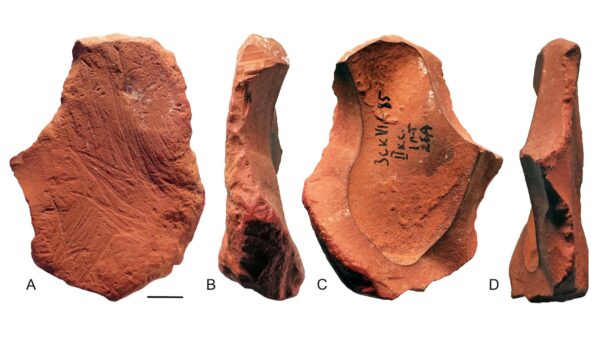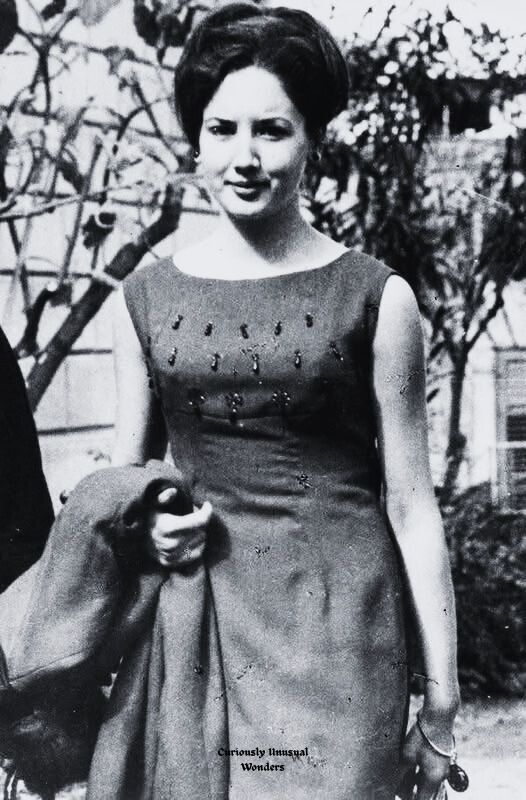In a remarkable act of defiance in 1965, Franca Viola, a 17-year-old girl from Alcamo, Sicily, challenged deeply entrenched laws that allowed rapists to marry their victims. After being kidnapped and assaulted by Filippo Melodia, the son of a local mafioso, Viola refused to comply with the traditional “marriage of reparation” that dictated she should marry her abductor to restore her family’s honor. Her decision not only transformed her personal narrative but also sparked a wider discussion about women’s rights in Italy, ultimately leading to legal reforms.
The Context of Il Matrimonio Riparatore
To fully appreciate Viola’s bravery, it is essential to understand the cultural and legal backdrop of Sicily during the 1960s. The institution of il matrimonio riparatore, which translates to “marriage of reparation,” allowed a man who had kidnapped and raped a woman to absolve himself of his crime by marrying her. This archaic custom placed the burden of shame on the victim rather than the perpetrator and effectively turned rape into a transaction. Families often pressured daughters to accept these arrangements, believing that only marriage could restore a woman’s lost honor.
Despite the brutality of this system, it persisted throughout much of Italy, and many women were left powerless under its weight. The legal framework not only failed to protect victims but also worked against them, as prosecutors would often drop charges if marriage occurred.
Franca Viola: A Defiant Stand
The events surrounding Viola’s case began when she was kidnapped by Melodia in December 1965. After being held captive for over a week and subjected to repeated assaults, her family was pressured to accept the customary solution: a marriage to Melodia. Defying expectations, Viola said no. Her refusal sent shockwaves through her community, challenging centuries of patriarchal customs that dictated women’s lives.
With her family’s support, Viola pursued legal action against her attacker, an unprecedented move in Sicily. In a groundbreaking trial, the court recognized Melodia as a criminal rather than a suitor. In 1966, he was convicted and sentenced to eleven years in prison, marking a significant victory for women’s rights in the region.
The press coverage surrounding the trial was mixed, with some treating Viola as a curious figure and others as a scandalous anomaly. Yet among ordinary Italians, she emerged as a quiet hero. Later, she married on her own terms, receiving congratulations from Giuseppe Saragat, the President of Italy, who symbolically supported her as a figure of modernity and women’s rights.
Legacy and Lasting Impact
Despite her pivotal role in challenging outdated laws, Viola remains relatively unknown outside of Italy. Her story exemplifies the ongoing struggle against societal norms that prioritize honor over justice. This lack of recognition highlights a broader trend in history, where women’s contributions often go uncelebrated.
Viola’s act of defiance resonates today, as issues of honor, shame, and sexual violence continue to affect societies worldwide. In some regions, laws similar to the marriage of reparation still exist, and social pressures often silence victims. Her legacy serves as a reminder that progress is often driven by individual courage rather than legislative changes.
Franca Viola’s story is not just a Sicilian tale; it is a universal testament to the power of personal agency and the fight against oppression. With each act of defiance, barriers can be broken, and narratives can shift. Viola’s choice to say no reverberates through time, reminding us that quiet revolutions can have profound impacts on history.
As we reflect on her legacy, it is crucial to recognize that forgotten women like Viola have shaped societies through their courage. Their stories deserve to be told and remembered, not just as footnotes in history, but as pivotal moments that challenge the status quo.
In a world where honor should not be equated with silence, Franca Viola stands as an enduring symbol of resistance, showing that true honor lies in the courage to speak out against injustice.
































































